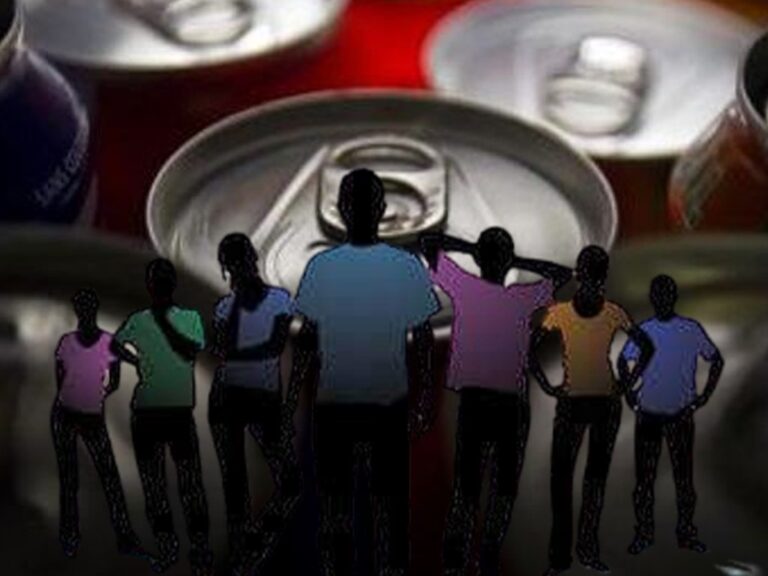Côte d’Ivoire: Why is raising young people’s awareness so much less important than banning energy drinks and alcohol?

The ban on importing and selling energy drinks and alcoholic beverages in Côte d’Ivoire, aimed at shielding young people from the dangers of excessive consumption, has proven to be not only ineffective but also harmful to local businesses.
Despite government measures to limit access to these products, young people have shifted toward even more dangerous substances, revealing that the underlying issue is not simply the consumption of energy drinks and alcohol, but the misuse of stronger drugs like Tramadol.
The key to addressing this problem lies in educating and raising awareness among the youth about the real dangers associated with these substances.
A preventive strategy that emphasizes educational outreach could lead to more sustainable changes in behaviour.
Rather than focusing solely on prohibition, a more effective approach would involve collaboration with families, schools, and community groups to provide young people with the knowledge they need to understand the risks to their physical and mental health.
Additionally, this ban has inadvertently fuelled a thriving black market while unfairly impacting merchants, who now face declining revenues.
This situation highlights the limitations of relying solely on punitive measures. By prioritizing education and support, authorities could create an environment where young people are empowered to make informed, responsible decisions.
To truly combat this issue, Ivorian authorities should consider a holistic approach that blends education, public awareness, and sensible regulation.
By tackling the root of the problem—namely, the abuse of drugs like Tramadol—and offering support to legitimate businesses, the impact will likely be more enduring and positive for society as a whole.
Sherif Touré











